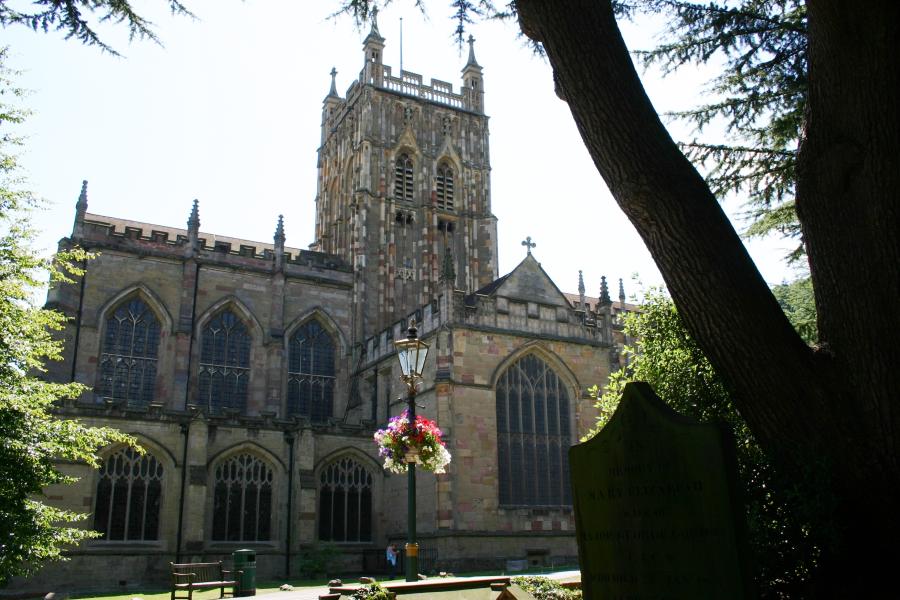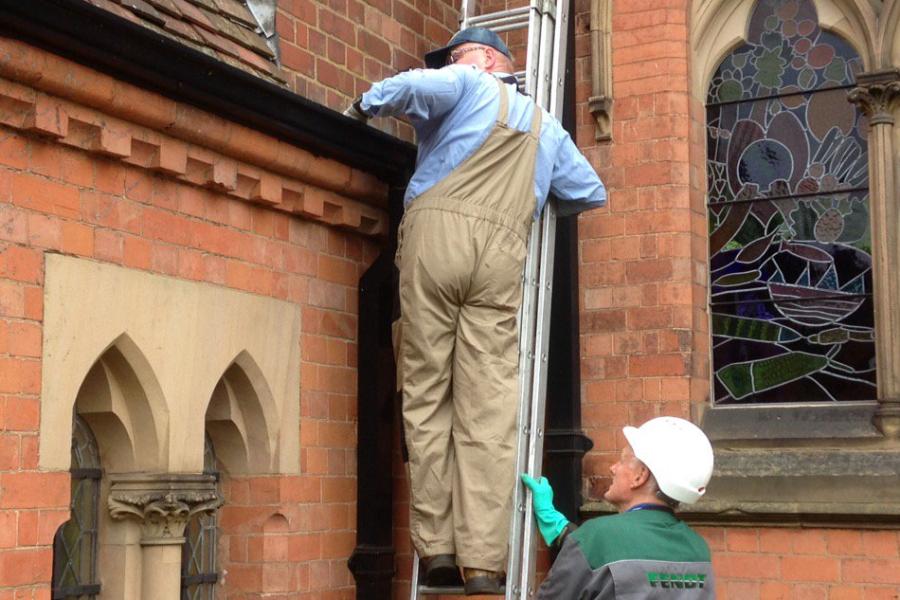Changes to church buildings and churchyards are governed by Faculty Jurisdiction and permission is required from the Chancellor of the Diocese or your Archdeacon for most works of repair, adaptation and improvements to churches.
Faculty Jurisdiction is legal exemption from requiring Listed Building Consent from the local authority but many works will still require Planning Permission.
The Chancellor and Archdeacons are advised by a diocesan body called the Diocesan Advisory Committee (DAC). The DAC is a formal group of volunteer specialists who give their time feely to assist parishes in the care of churches. This support is offered both through considering applications for permission but also by aiding churches in developing proposals and in the general management of churches.
In exercising their role, the DAC must have due regard to a church as a local centre of mission and ministry in addition to considering the special character or significance of the church building.
If you would like to request a meeting or a site visit from one of the Church Buildings Team staff (who support the DAC) or a DAC specialist adviser, please make contact via churches@cofe-worcester.org.uk or 01905 732809.
Click the headings below to expand sections. If this does not work, you may need to reset your browser cache.

